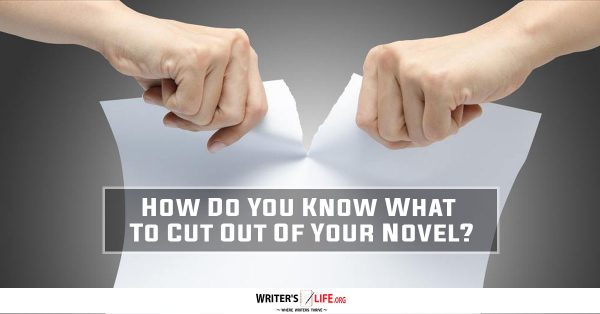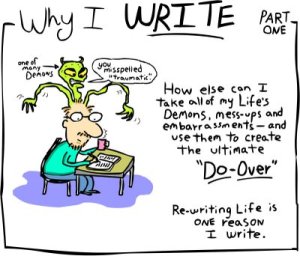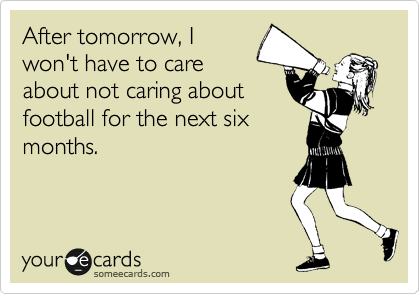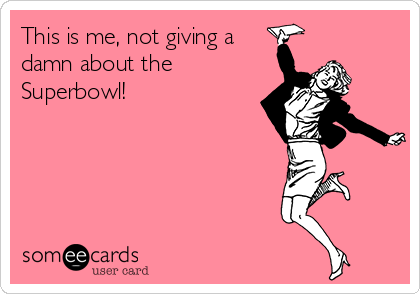Often Often articles focus on how difficult writing is, and all the struggles that writers have to overcome, and while we are not going to disagree with the fact that writing is tough and challenging at times, let’s stop for a moment and think about how incredible it also is, and the true joy that it brings to many people’s lives.
It’s challenging
Writing challenges us. There are always things to learn, new methods to try, and ways we can improve. It’s a constant learning curve that keeps our minds fresh and active. Challenging yourself is always a good thing, and if you keep on pushing and driving yourself forward you’ll reap the rewards at the end.
It’s creative, and so much fun!
Writing is lots of fun. When else do you get to let your imagination run completely wild? When you write you are the puppet master, and you are in charge of absolutely everything that your characters say and do. You can control nature, fate, life and death. You can make pigs fly, make fish rain from the skies! OK so it might sound like we are on a bit of a power trip, but why not? Writing is where you can explore the very depths of your creative mind – what’s not to love about that?
It’s satisfying
Is there any greater feeling than when you’ve finished writing? It could be a chapter, a short story, a whole novel but that glow of satisfaction you get, that little inner high five you give yourself, that feeling that you did something good and productive and worthwhile -it’s a feeling that’s certainly worth having time and time again.
Gets things off your chest
Writing can be an amazing way to express yourself. It is actually hugely therapeutic. Whether you are ranting about your neighbour in your diary, writing a hard hitting memo about your whole life, or creating a character just like your horrible old school teacher who then meets a terrible fate – writing can be an amazing way of unburdening yourself, exploring thoughts and feelings, and learning things about yourself you never even knew.
It’s exciting – that lottery feeling
If you write you’ve always got that feeling that you might be onto something great. It’s kind of like having a lottery ticket and not yet knowing whether you have won! You never know what might be around the corner, and where your writing might take you, and that is a pretty awesome feeling!
It gives us things to read
Reading is one of life’s great pleasures. It entertains and inspires us, and, in some cases, it changes our lives. Without writing we wouldn’t be able to read – so we should always be grateful for that!
So, whether published, trying to get published, or just doing it for fun, writing really does make your life better. If you are writing or thinking about writing then just go for it – it really can make you feel lighter, happier and more fulfilled!
I have to say I agree with most of these points. Sometimes it's a challenge just for me to get something written down. I need to do more of that! Not sure that it makes me feel as if I'd won the lottery, but it is exciting. And I do believe it gets things off the chest and will one day give others something to read.








 />
/>
